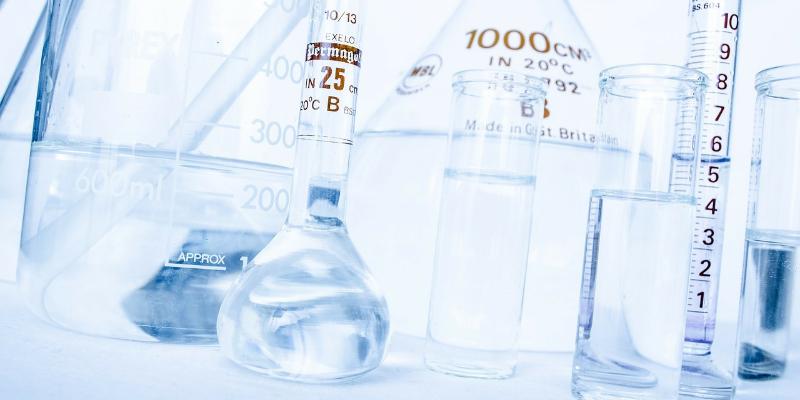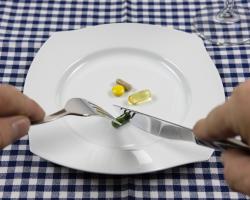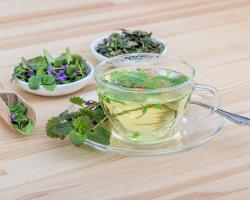Artificial food colourants, food preservatives, enhancing its taste and smell, antioxidants – there are many myths about food additives, and for many consumers the symbol "E" on the label means that a given product is potentially harmful. Is that really true?
“The meaning of the ill-favoured letter “E" is simply “European". There are approximately 2 thousand food additives, which is why the numbers are needed, so the additives can be identified" explains Małgorzata Borkowska from the Scientific Association of Food Technologists at the Warsaw University of Life Sciences.
Dr Joanna Gajda–Wyrębek, the Head of the Unit for Food Additives Assessment at the National Institute of Hygiene, reassures us that all substances approved by the European Food Safety Authority (EFSA) are safe and are not dangerous to our health if their amount is kept on a permitted level.
Why do we need food additives?
Food additives are used for various reasons. They not only enhance the taste, smell and consistency of products, but also prolong their expiry date, by preventing oxidation processes and bacteriological aftergrowth, which might result in the generation of harmful substances.
For example, adding nitrites prevents the production of botulinum toxin, and antioxidants help to prevent fat going rancid.
Stabilisers are also food additives (for example phosphorus compounds or modified starch), and their role is to preserve the appropriate structure of the product.
Food additives allow the development of new products, such as low-fat food products, products with reduced content of sugar, proteins, gluten, and others. Sweeteners are also a food additive – natural or synthetic substances which replace sugar.
Are food additives harmful?
Some of the myths concerning food additives have been exploded by experts from the Food Safety Division at the National Institute of Public Health (NIPH). They emphasise that the contemporary food industry could not exist without additives, which are used even in ecological products.
Experts claim that the harmfulness of monosodium glutamate and other taste enhancers is a myth. According to them, the bad reputation of monosodium glutamate (E 621) started when in one of the animal studies a negative influence of this additive on the nervous system was noticed.
“However, the animals, during these studies, were given enormous volumes of this substance, in amounts which we are not able to eat! (in relation to our body weight)," states the NIPH study "Fakty i mity o dodatkach do żywności" [Facts and myths about food additives].
Another myth is that dried fruits, without the addition of sulphur dioxide, are better than those which are preserved with the use of it. NIPH experts admit that sulphur dioxide, just as sulphites, is an allergenic substance, but this substance causes allergies only if it is present in the product in an amount higher than 10 mg/kg. Moreover, the amount of sulphates in the product can be reduced by rinsing dried fruits under running water.
In the case of non-processed food, such as milk, fresh fruit and vegetables, fresh meat and water, the use of additives is very limited. The largest number of additives is present in so-called highly processed food, for example in sweets, snacks, flavoured beverages and desserts.
Experts from the Food Safety Division at NIPH also emphasise that providing information on the additives used is obligatory and each consumer can make a conscious choice and buy the food with or without additives.









Comments (0)